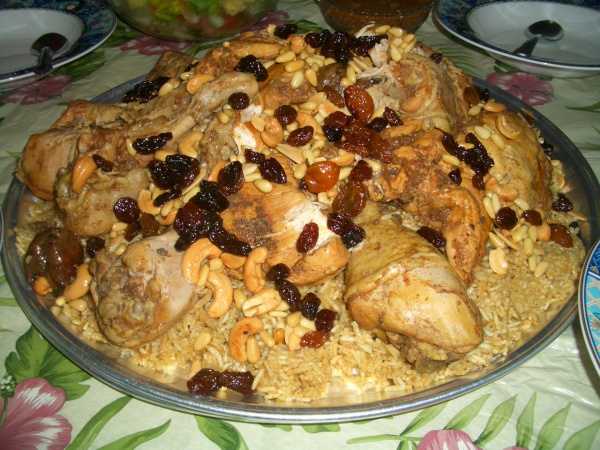Facts About Saudi Arabian cuisine
Saudi Arabian cuisine is a delightful tapestry of flavors and traditions, with dishes and ingredients varying across regions. Staples in Saudi kitchens include wheat, rice, lamb, chicken, yogurt, potatoes, seafood, and dates. Historically, traditional coffeehouses, known as Maqha, were the heart of social life. However, they are now being increasingly replaced by modern, food-hall-style cafes.
One cherished custom is serving Gahwah (Arabic coffee), which transcends being merely a drink and stands as a symbol of hospitality and generosity. Yogurt is commonly enjoyed in a refreshing beverage known as Laban, while Sobia—a cold drink made from barley, date palm sap, herbs, and spices—gains special popularity during the holy month of Ramadan.
Islamic dietary laws play a crucial role in shaping Saudi cuisine. Pork and alcohol are strictly prohibited, and all meat must be halal, meaning the animals are blessed and slaughtered according to Islamic rituals. Offering hot coffee and dates is a beloved tradition, especially during Ramadan. When Muslims break their fast each evening, they often commence with dates, water, and Arabian coffee, which provide essential nutrients and energy for the Tarawih prayers that follow.

 Kuwait
Kuwait